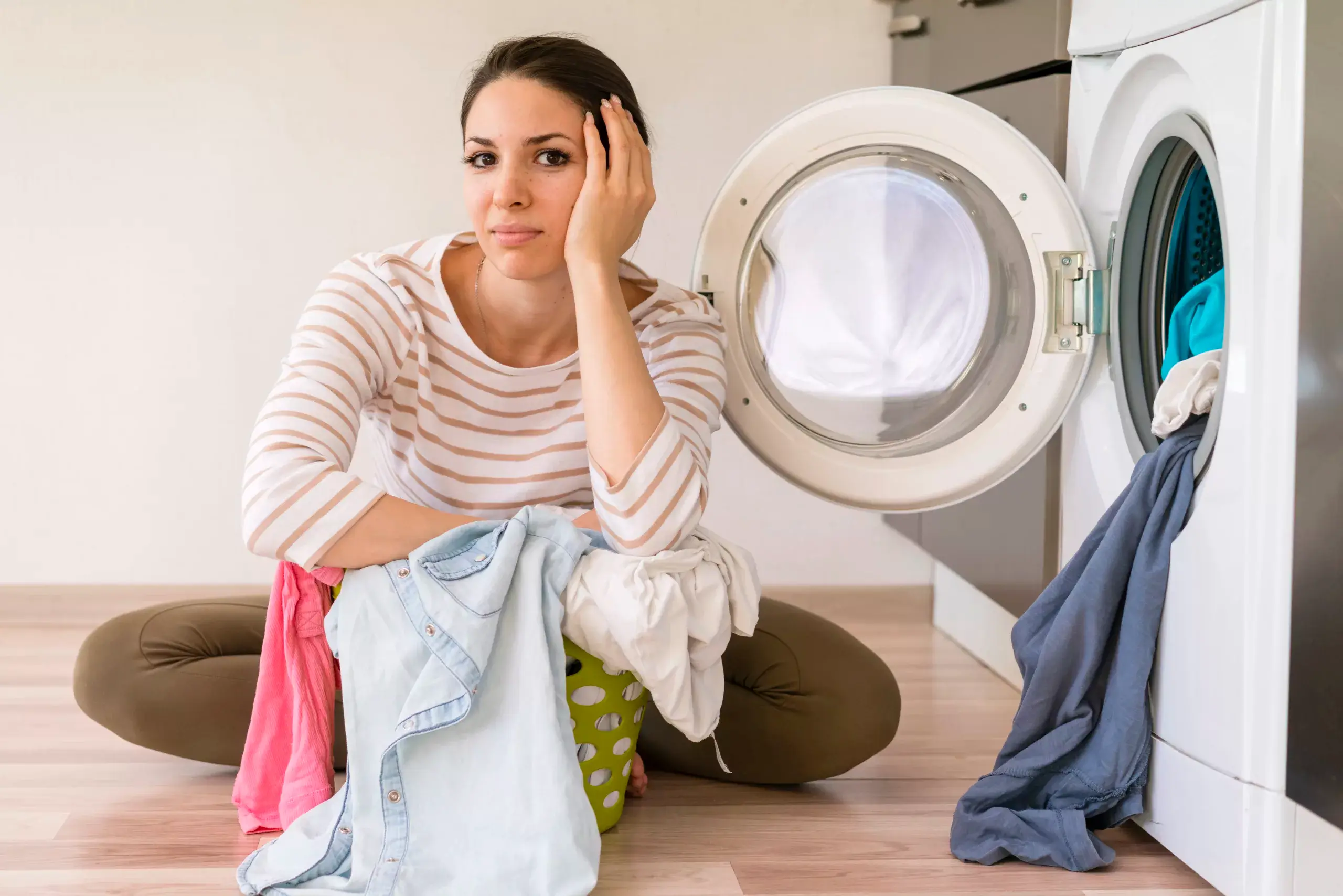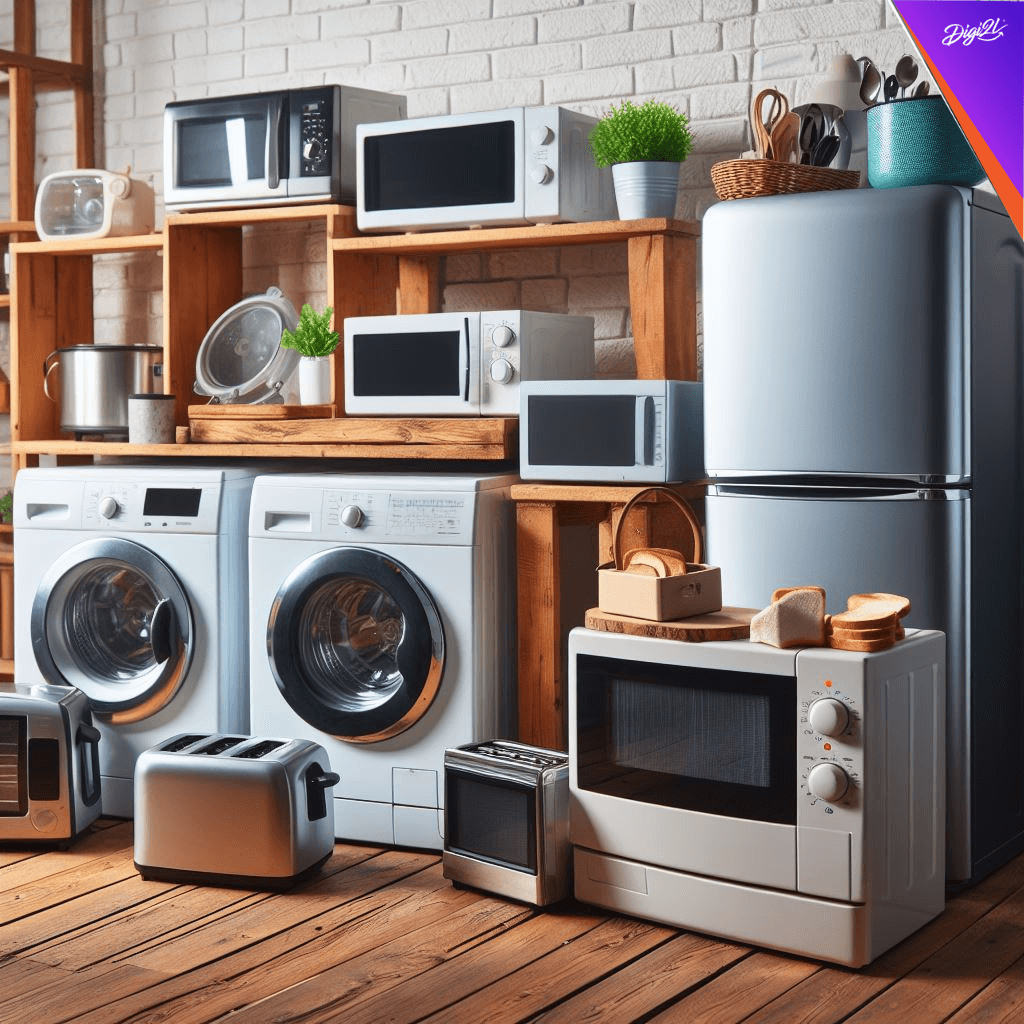
Please Wait ...

Please Wait ...
Enquiry






Curently We are Not Serviceable In this Pincode
91 Springboard, Business Hub, Godrej & Boyce, Gate No. 2, LBS Marg, Vikhroli West, Mumbai, 400079
91 Springboard, Business Hub, Godrej & Boyce, Gate No. 2, LBS Marg, Vikhroli West, Mumbai, 400079
91 Springboard, Business Hub, Godrej & Boyce, Gate No. 2, LBS Marg, Vikhroli West, Mumbai, 400079
91 Springboard, Business Hub, Godrej & Boyce, Gate No. 2, LBS Marg, Vikhroli West, Mumbai, 400079
91 Springboard, Business Hub, Godrej & Boyce, Gate No. 2, LBS Marg, Vikhroli West, Mumbai, 400079
91 Springboard, Business Hub, Godrej & Boyce, Gate No. 2, LBS Marg, Vikhroli West, Mumbai, 400079
91 Springboard, Business Hub, Godrej & Boyce, Gate No. 2, LBS Marg, Vikhroli West, Mumbai, 400079
91 Springboard, Business Hub, Godrej & Boyce, Gate No. 2, LBS Marg, Vikhroli West, Mumbai, 400079
91 Springboard, Business Hub, Godrej & Boyce, Gate No. 2, LBS Marg, Vikhroli West, Mumbai, 400079
Min
Max
₹5,000
₹45,000
Suggested Price







Blogs> Upgrading Your Washing Machine

Understanding the various types of washing machines and recognizing signs for replacement can streamline your decision-making process when choosing a new appliance. Top-load washing machines are the traditional option, with two subtypes: agitator and impeller. Agitator washers use a central pole with fins for robust cleaning, while impeller washers offer gentler washing with less water usage. Front-load washers, gaining popularity for their energy efficiency and larger capacity drums, are ideal for delicate fabrics but may come at a higher price point. Compact washing machines cater to small living spaces, while portable ones offer mobility for dorms or apartments. High-efficiency washers prioritize eco-friendliness and cost-effectiveness through reduced water and energy consumption. Signs indicating the need for replacement include age over 10 years, frequent breakdowns, rust or leaks, excessive noise or vibration, and decreased efficiency. Older machines tend to be less efficient and costlier to operate. Frequent repairs signal impending failure or uneconomical upkeep. Rust or leaks pose potential damage and increased water bills. Excessive noise or vibration may indicate malfunction. Reduced efficiency, evidenced by increased water or energy usage, suggests wear and tear. Recognizing these signs can prompt proactive replacement, ensuring continued reliability, efficiency, and meeting laundry demands. When considering a replacement, factors like energy efficiency, capacity, and specific needs should inform your decision. Ultimately, staying vigilant about your washing machine’s condition and understanding your options empowers you to make informed choices, optimizing your laundry experience and household efficiency.
There are several types of washing machines available on the market, each with its own unique
features and benefits. Understanding the different types of washers and their advantages can help
you choose the best one for your laundry needs. Whether you need a traditional top-load washer or
an eco-friendlier high-efficiency front-load washer, there is a washing machine out there that is
perfect for you.
The different types of washing machines and their advantages:
Top-Load Washing Machine:
Top-load washing machines are the most traditional type of washing machine. They are easy to load
and unload, and they come in a range of sizes to fit different laundry needs. Top-load washers can be
further classified into two types: agitator and impeller.
Agitator:
These washers use a central pole with fins that move around the drum to create a washing motion.
They are more affordable and suitable for heavy-duty cleaning.
Impeller:
These washers use a low-profile cone or disc at the bottom of the drum to move the clothes around.
They are gentler on clothes and use less water, but they may not be suitable for heavily soiled
clothes.
Front-Load Washing Machine:
Front-load washing machines are becoming increasingly popular due to their energy efficiency and
gentler cleaning cycles. These washers use less water and detergent and are gentler on clothes,
making them ideal for delicate fabrics. They also typically have larger capacity drums, allowing for
more laundry to be washed at once. However, they can be more expensive than top-load washers.
Compact Washing Machine:
Compact washing machines are smaller versions of traditional washing machines, designed for
people living in apartments, RVs, or small homes. They are available in both top-load and
front-load options and are ideal for small loads of laundry.
Portable Washing Machine:
Portable washing machines are small, lightweight washing machines that can be easily moved
around. They are ideal for people who live in small apartments or dorms and need a washing
machine that can be stored away when not in use. These machines can be top-load or front-load,
and they typically have a smaller capacity than traditional washers.
High-Efficiency Washing Machine:
High-efficiency washing machines use less water and energy than traditional washers, making them
eco-friendlier and more cost-effective to operate. They typically have larger capacity drums, allowing
for more laundry to be washed at once, and they use less water and detergent, making them gentler
on clothes.
What are some signs that your washing machine needs to be replaced?
Age:
If your washing machine is more than 10 years old, it may be nearing the end of its lifespan. Even if it
is still working, older machines are typically less efficient and may be costing you more in energy bills
then a newer model would.
Frequent breakdowns:
If you are constantly repairing your washing machine, it may be time to consider replacing it.
Frequent breakdowns can indicate that the machine is nearing the end of its lifespan or that it is no
longer worth the cost of repairs.
Rust or leaks:
Rust or leaks on the machine’s body can indicate that it is nearing the end of its lifespan. Leaks can
also cause damage to your home and increase your water bill.
Excessive noise or vibration:
If your washing machine is making a lot of noise or vibrating excessively, this could be a sign that it is
no longer functioning properly. In some cases, the issue may be fixable, but in other cases, it may be
time to consider replacing the machine.
Inefficiency:
If your washing machine is using more water or energy than it used to, it may be time to replace it.
Newer machines are typically more energy-efficient, which can save you money on your utility bills
over time.
In summary, there are several signs that it may be time to sell your old washing machine. If your
the machine is old, experiencing frequent breakdowns, has rust or leaks, is making excessive noise or
vibration, or is inefficient, it may be worth considering a replacement. By doing so, you can ensure
that you have a machine that is reliable, efficient, and able to meet your laundry needs for years to
come.

By Digi2L - April 20, 2024

By Digi2L -

By Digi2L - April 19, 2024

By Digi2L - April 18, 2024